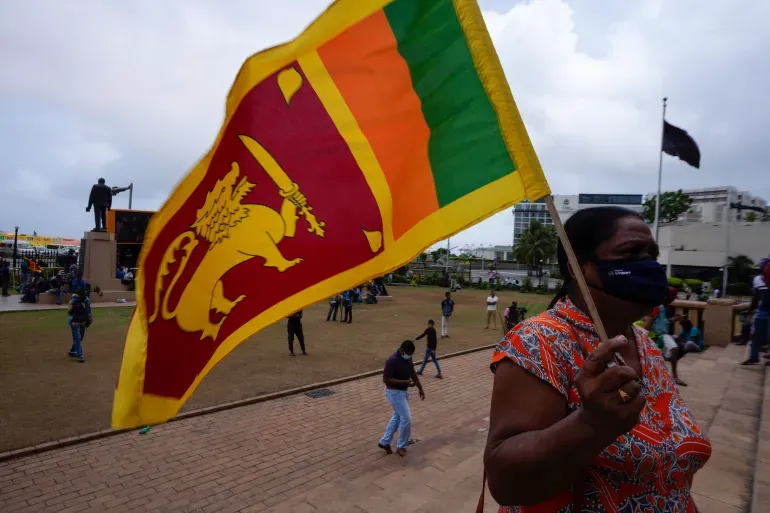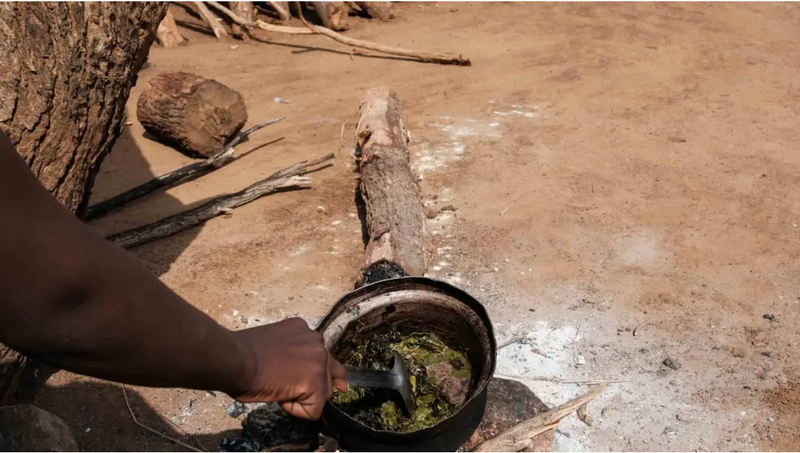Sri Lanka To Hold First Election Since Unrest
Sri Lankan officials announced on Wednesday that local government polls would be held by the end of February, marking the country's first nationwide elections since former Pres. Gotabaya Rajapaksa fled and resigned in the face of widespread protests.

Facts
- Sri Lankan officials announced on Wednesday that local government polls would be held by the end of February, marking the country's first nationwide elections since former Pres. Gotabaya Rajapaksa fled and resigned in the face of widespread protests.
- The National Election Commission stated it will accept nominations from Jan. 18-21 for the local council polls, which have been postponed since March of last year, adding that a date for the elections would be set a week thereafter.
- Elections need to be held before March 10, as members of the local government bodies must be appointed by March 20, but a writ petition has also been filed before the Supreme Court asking to suspend elections due to Sri Lanka's ongoing currency crisis.
- This comes after the Election Commission disregarded attempts by Parliament-elected Pres. Ranil Wickremesinghe to stall the polls on claims that the crisis-hit country cannot afford to pay the $27.6M they would cost.
- Inflation has reached a near-70% record this year as the country has faced acute shortages of electricity, food, and fuel since late 2021, with the former Rajapaksa government defaulting on Sri Lanka's $46B external debt in April.
- Last week, Sri Lankan Minister of State for Finance Shehan Semasinghe declared that the government strongly believes that the International Monetary Fund (IMF) will formally approve Sri Lanka's $2.9B bailout in the first quarter of 2023.
Sources: Al Jazeera, Times of India, Economy Next, RFI, and Colombo Page.
Narratives
- Narrative A, as provided by Nikkei. Local elections must be welcomed as the first step to restoring normalcy in Sri Lanka following months of nationwide protests along with political and economic turmoil. Softening dissent and providing stability for the country, however, will require general elections so as to ensure those implementing reforms have a public mandate.
- Narrative B, as provided by Daily FT. It should be evident by now that elections alone will not solve the Sri Lankan crisis as it has been engendered by the very nature of the country's political system, which has focused on short-term planning for more than 75 years. Though Sri Lanka is bankrupt, politicians remain unable to join efforts to agree on an economic framework to lift the country out of its chaos.






